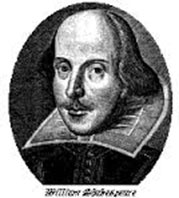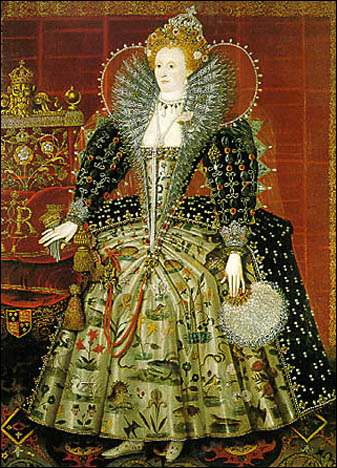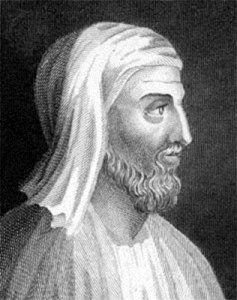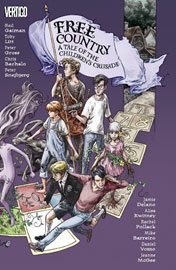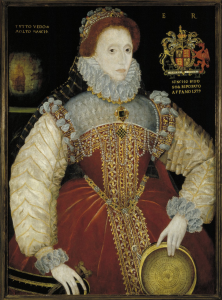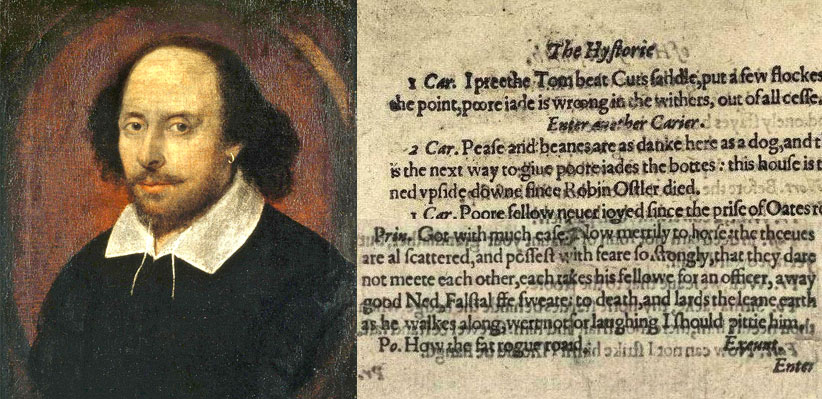 In honor of William Shakespeare we are celebrating the 400th anniversary of his death on April 23, 2016. What better way to do this, than by highlighting the writing done by first-year students in Associate Professor of English John Wesley’s first-year seminar, A Year in the Life of William Shakespeare? This first-year seminar in scholarly inquiry studies four remarkable plays Shakespeare wrote or saw into production in 1599, the same year he opened the Globe Theatre. In the first half of the course, students were introduced to the myriad ways in which Shakespeare’s 1599 plays are shaped by and give shape to the political and cultural intrigues of that year. In the second half of the course, students turned to a play (and year) of their own choosing, the historicist analysis of which is the basis of an independent research project. As part of this project, students were asked to prepare a blog post that reflected on aspects of Shakespeare’s life, a specific work, or a resource or organization associated with Shakespeare, or to provide a personal interpretation of a play. During the month of April, we’ll feature the posts from students that celebrate all things Shakespeare!
In honor of William Shakespeare we are celebrating the 400th anniversary of his death on April 23, 2016. What better way to do this, than by highlighting the writing done by first-year students in Associate Professor of English John Wesley’s first-year seminar, A Year in the Life of William Shakespeare? This first-year seminar in scholarly inquiry studies four remarkable plays Shakespeare wrote or saw into production in 1599, the same year he opened the Globe Theatre. In the first half of the course, students were introduced to the myriad ways in which Shakespeare’s 1599 plays are shaped by and give shape to the political and cultural intrigues of that year. In the second half of the course, students turned to a play (and year) of their own choosing, the historicist analysis of which is the basis of an independent research project. As part of this project, students were asked to prepare a blog post that reflected on aspects of Shakespeare’s life, a specific work, or a resource or organization associated with Shakespeare, or to provide a personal interpretation of a play. During the month of April, we’ll feature the posts from students that celebrate all things Shakespeare!
Congratulations to our wonderful first-year writers. For additional online resources about Shakespeare, check out these sites:
- British Library: http://www.bl.uk/
- Folger Shakespeare Library: http://www.folger.edu/
- Globe Theatre: http://www.shakespearesglobe.com
- Internet Shakespeare Editions: http://internetshakespeare.uvic.ca
- Shakespeare 400: http://www.shakespeare400.org/
Shakespeare vs. Controversy
By Annelise Bauer
Dear readers,
As many of you know, Shakespeare is a great playwright whose work is timeless. With every great writer come fame, praise, and controversy. In the Elizabethan time, the royal court was very serious about the kinds of content that was allowed to be in literature. Every piece that Shakespeare wrote had to be screened before it could be preformed. If there was anything that might offend the royal court in the script it had to be taken out. Since Shakespeare enjoyed writing political plays, he had to be extremely careful about what it was that he wrote about. Also, because so many people went to see Shakespeare’s plays, if there was something in them that offended the royal court the common people may think it is okay to say things like that. If anyone, no matter who it was, said something that insulted the queen she would have him or her killed.
Shakespeare was loved at his time but with some of his plays brought controversy. With a few, if they were written by anybody else may have caused problems in society and with the royal court but somehow Shakespeare knew how to get around that. Lawrence Manley states that during the Elizabethan time, “Theatrical performances were ‘liminal’ in nature, capable of accommodating contradictory states of affairs through the resources of mimicry and parodic inversion, and they assumed the license to express and debate matters normally taken for granted” (The Elizabethan World 532). Shakespeare was really good at writing political plays that raised debate within the play about things that were happening during that time without causing issues outside of the play. For instance, Henry V is a debate play. It debates war and the effects of war and brings in ideas from the time of conflicts between England and France.
Not only did Shakespeare have to be careful about the content he wrote about but he also had to be aware of the names of the characters in his plays. James Shapiro wrote in his book “A Year in the Life of Shakespeare,” that when Shakespeare wrote Henry IV he originally had Falstaff’s character named Oldcastle. Shapiro says, “It’s hard from a distance to determine whether the initial slight was intentional on Shakespeare’s part, an attempt to poke fun at a Puritan hero like Oldcastle or a sly dig that aligned Shakespeare with court factions opposed to Cobham and his son” (Shapiro 17). Falstaff’s character is a jokester and not a character that a person such as Oldcastle would want to be associated with. If he had not changed the name there would have been havoc among the commoners and the royal court.
In conclusion, Theater opened up a new way of discussing controversial ideas without actually bringing up the specific problems at hand. Lawrence Manley says, “where theatre is concerned, the most crucial license was the permission to enact disturbing events and situations – tragic conflicts, failed transitions, political divisions, controversial ideas – too dangerous to contemplate in public view outside the framework of licensed hypothesis” (The Elizabethan World 532). I believe that Shakespeare opened up new room for people to converse and debate issues of their time without having to worry about offending anything.
Bibliography
Doran, Susan, and Norman L. Jones. The Elizabethan World. Milton Park, Abingdon, Oxon: Routledge, 2011. Print.
Shapiro, James. A Year in the Life of William Shakespeare, 1599. New York: HarperCollins, 2005. Print.
“Shakespeare’s Biography.” Shakespeare Resource Center . N.p., n.d. Web. 02 Mar. 2016.

